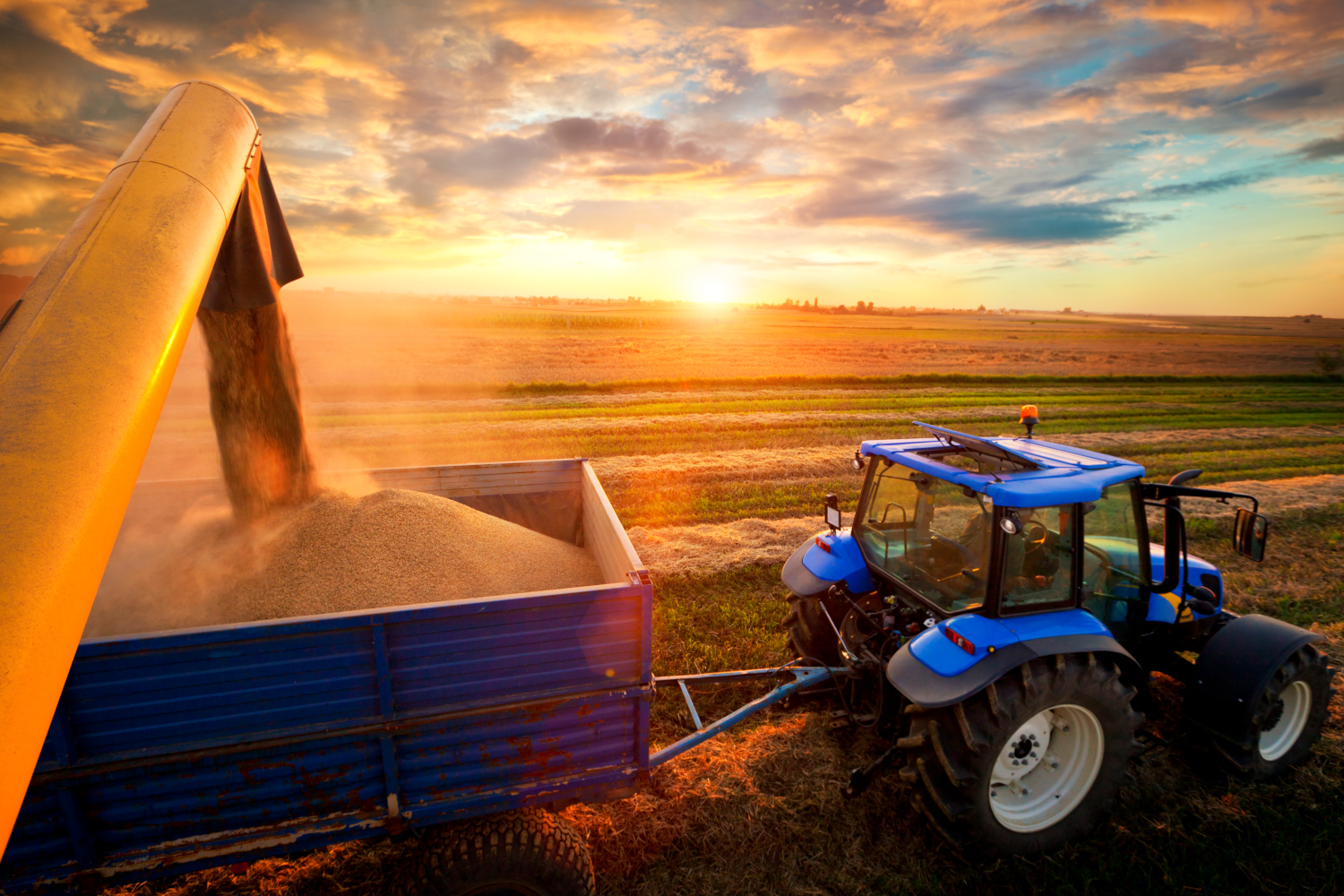Global food prices rise on the back of the Russian invasion of Ukraine

Ongoing rise in food prices
Recent FAO data show that the price indices of cereals, meat and oils have recently reached historic highs. The prices of sugar and dairy products have not broken their own records, but are also high (see graph below). This is the largest monthly variation recorded for the food index (+12.6%) and the oil index (+23.2%), and the second largest for cereals (+17.1%). This is a “giant leap”, to use FAO terms.
 However, the war in Ukraine was not the trigger for the sharp increase in prices. The initial reasons are related to Covid-19. The recovery in demand was very significant, while supply chain problems hampered the flow of food, which, combined with rising energy prices, increased production costs. Production levels were not overly affected… until the Russian invasion. The war has shut down the supply from Russia and Ukraine.
However, the war in Ukraine was not the trigger for the sharp increase in prices. The initial reasons are related to Covid-19. The recovery in demand was very significant, while supply chain problems hampered the flow of food, which, combined with rising energy prices, increased production costs. Production levels were not overly affected… until the Russian invasion. The war has shut down the supply from Russia and Ukraine.
Which agricultural products are affected?
Ukraine and Russia are major exporters of certain agricultural products – in particular wheat, corn, barley and vegetables oils – and therefore the conflict provides potential for significant supply disruptions at global level.

First of all, both Ukraine and Russia have imposed bans on exports of some agrifood products. In Ukraine, it is forbidden to export oats, millet, buckwheat, sugar, salt, wheat and meat, as well as cattle and their by-products. In Russia, the world’s biggest wheat exporter, in addition to the wheat export quota of 8 million tonnes for the period from 15 February to the end of June announced last December, exports of grain (wheat, rye, barley and maize) to neighbouring Eurasian Economic Union States will be temporarily banned until 31 August. However, even if Ukraine and Russia wanted to transport and export those products, the possibilities for doing so have been particularly badly hit by the ongoing conflict.
Indeed, most of Ukraine’s exports are being carried out through ports on the Black Sea and the Sea of Azov – Odessa, Pivdeny, Chornomorsk, Kherson, Mariupol and Berdyansk. According to IHS Markit data, in 2020, 56.4% of total Ukrainian exports were transported by sea. Since the beginning of the Russian invasion, most of the seaports have been closed, and therefore trade operations have been disrupted. The Head of Ukraine’s Maritime Administration confirmed on 28 February that Ukrainian ports will remain closed until Russia’s invasion ends, and the port of Mariupol has sustained major damage from Russian shelling. Moreover, multiple shipping companies have suspended sailings to Black Sea ports. Finally, in Russia, sanctions placed on the commercial seaport of Novorossiysk (the largest Russian port operator in terms of freight turnover) and the state holding company Russian Railways will further limit global supplies.
In addition, the fighting is taking place in the most fertile regions. Hence, the spring planting and summer harvest seasons in the two countries are expected to face significant hurdles if the war intensifies, in terms of, among other things, the availability of inputs, such as fertilisers, seeds and pesticides, and uncertainty surrounding bringing harvested grain to market. Indeed, the FAO estimates that about 20 to 30% of the area dedicated to grain, corn and sunflower production will not be planted in spring or harvested in summer. The growing gap between global demand and supply is therefore getting bigger, fuelling food inflation.
There is also a demographic impact in Ukraine arising from the conflict, with many male farmers being called to military service, while a proportion of women and children have left Ukraine to seek refuge in neighbouring countries. There will therefore be a shortage of labour to carry out essential fieldwork.
Conclusion
The expected reduction in output and exports combined with supply chain issues will result in less wheat, corn and vegetable oil on the market and greater pressure on global prices. As those products are essential for the processing of many food products, which will face large increases in costs and supply disruption, we expect the sector to face difficulties. Companies with thin margins that cannot pass the cost increase on the consumer could face payment difficulties. Emerging countries (mainly in North Africa and the Middle East) that are reliant on food imports from the Black Sea region will also feel the consequences, increasing the likelihood of social unrest and putting additional pressure on inflation and public finances.
Analyst: Matthieu Depreter – m.depreter@credendo.com